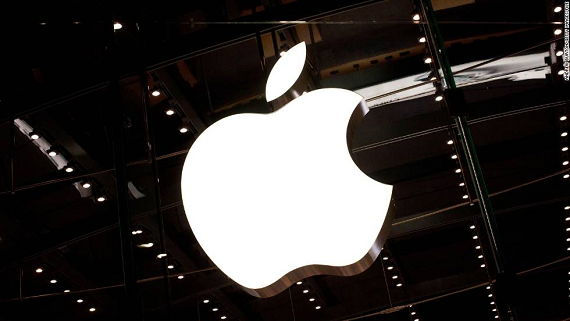

Editor’s Note: Our annual Vator Splash Spring 2016 conference is around the corner on May 12, 2016 at the historic Scottish Rite Center in Oakland. Speakers include Nigel Eccles (CEO & Co-founder, FanDuel, Andy Dunn (Founder & CEO, Bonobos), Mitch Kapor (Founder, Kapor Center for Social Impact); Founders of NextDoor, Handy, TubeMogul; Investors from Khosla Ventures, Javelin Venture Partners, Kapor Capital, Greylock, DFJ, IDG, IVP and more! Join us! REGISTER HERE.
Our long national nightmare is over. The fight between the FBI and Apple over the iPhone seized after the terrorist attack in San Bernardino, is over. And the winner of the fight is clear.
The entire battle over whether or not the government should gain access hinged on Apple resisting giving them a backdoor, which would basically have given the government a way to open any phone it wanted.
Well, it seems that’s what they got anyway, as the government dropped its request for Apple to assist it with unlocking the phone, filing an update with the court which said, fairly succinctly, it no longer needed Apple’s help in the matter.
“The government has now successfully accessed the data stored on Farook’siPhone and therefore no longer requires the assistance from Apple Inc. mandated byCourt’s Order Compelling Apple Inc. to Assist Agents in Search dated February 16, 2016,” it reads.
The government did not say how exactly it was able to unlock the phone without Apple’s help, but last week the government successfully suspended its court case against Apple, after which reports came out that it had been getting help from Cellebrite.
Cellebrite is a company that develops advanced mobile data solutions, enabling the extensive use and management of mobile phone data to provide value for two distinct business divisions: mobile lifecycle and mobile forensics. The company declined to comment on those reports at the time.
Apple released a statement to the Verge on these developments. It reads, in full:
“From the beginning, we objected to the FBI’s demand that Apple build a backdoor into the iPhone because we believed it was wrong and would set a dangerous precedent. As a result of the government’s dismissal, neither of these occurred. This case should never have been brought.
We will continue to help law enforcement with their investigations, as we have done all along, and we will continue to increase the security of our products as the threats and attacks on our data become more frequent and more sophisticated.
Apple believes deeply that people in the United States and around the world deserve data protection, security and privacy. Sacrificing one for the other only puts people and countries at greater risk.
This case raised issues which deserve a national conversation about our civil liberties, and our collective security and privacy. Apple remains committed to participating in that discussion.”
While it is true that Apple was able to successfully stop the government from creating a backdoor that other organizations, and governments around the world, could exploit, it nevertheless still was unable to keep the government from accessing that phone. And there’s no reason that the government will not be able to duplicate the process going forward, especially since it has little to no incentive to tell Apple how it was able to do so.
Apple put up a good fight, but you have to wonder if this will hurt the company in the end.
While the majority of people have said that they want the phone unlocked, I get the feeling that they want Apple to do it, and would not feel comfortable having the government figure out another way to get their information. At least if Apple was doing it, there would be some measure of control over the process.
In addition, s a majority of people, roughly 60 percent, also currently trust the company to keep their data safe. That could change quickly if Apple is suddenly seen as having little to no control over who can access its devices.
(Image source: cnn.com)


















